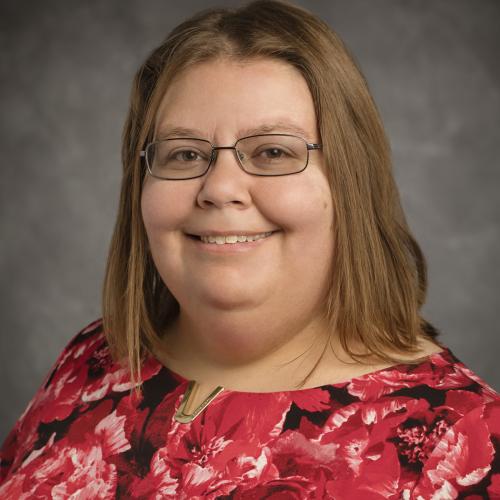The National Information Standards Organization (NISO) has announced the publication of the Communication of Retractions, Removals, and Expressions of Concern (CREC) Recommended Practice (NISO RP-45-2024), which is the product of a working group made up of cross-industry stakeholders, including Associate Professor Jodi Schneider. The Alfred P. Sloan Foundation provided funding for the Working Group as well as for the Reducing the Inadvertent Spread of Retracted Science project, which is led by Schneider and has informed Working Group deliberations and decisions.
Retracted publications are research outputs that have been found to be flawed, unreliable, or otherwise invalidated from the scholarly record. There are a number of reasons why publications may be retracted, but in all cases, correcting the record requires that these decisions be clearly communicated and broadly understood so that the research—whether retracted due to error, misconduct, or fraud—is not propagated. The NISO Recommended Practice establishes best practices for the creation, transfer, and display of retraction-related metadata, ensuring that participants (publishers, aggregators, full-text hosts, libraries, and researchers) can communicate retraction information quickly and enabling readers who discover a publication to readily identify its status.
"With the publication of the CREC Recommended Practice, NISO has taken an important step toward limiting the impact and spread of retracted publications," stated Caitlin Bakker, discovery technologies librarian at the University of Regina and co-chair of the Working Group. "We thank the Working Group members as well as all those who commented on the draft and helped to ensure that the workflows it outlines address the needs of all interested parties."
"We're excited to see the Working Group's efforts come to fruition," added Schneider. "And we hope that wider adoption of the NISO guidelines will help to build trust in science and in academic research more generally."
NISO Executive Director Todd Carpenter stated, "With retractions on the rise, the CREC Recommended Practice represents an important cross-industry effort by libraries, publishers, and vendors to advance research integrity. We are grateful to the Working Group and its co-chairs for leading this project, as well as to the Sloan Foundation for its support."
